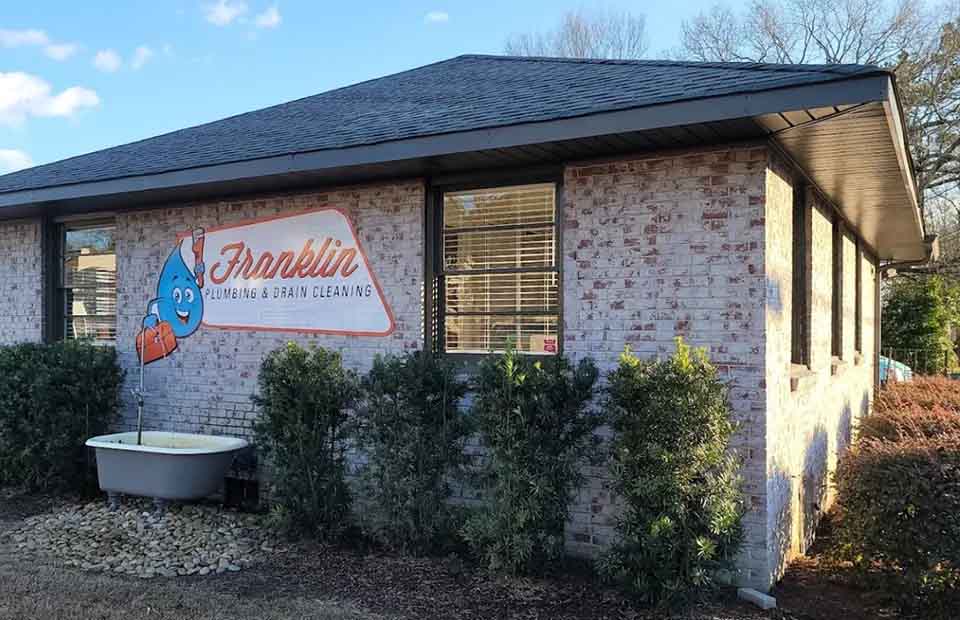About 10 years ago, when my son was playing soccer in high school, I was chatting with the father of one of his teammates. He was a little glum about his son’s decision to attend college. Why?
“He should be a plumber like me,” the father said.
In my middle-class suburban neighborhood, a statement like that is sacrilege. A plumber? Every parent wants their child to go college, get a degree and become a highly paid executive, right? But not this parent. He’s a business owner. And he was looking at a $300,000 tuition bill that would put both him and his son in debt. And for what in return? A business management degree? An entry-level job at a large multinational? To this guy, the decision didn’t make sense.
“My kid’s good with his hands,” he said to me with regret. “And he’s worked in my business every summer since he was 12. I could take that $300K and set him up in his own business someday.”
Even then, I thought the dad was right. And it turns out that a growing number of younger people are starting to feel the same way.
According to a new study of 1,000 young adults between the ages of 18 and 30 across the United States released by the hiring platform Thumbtack, 73% said that they “respect skilled trade as a career” putting it second only to medicine. More telling, a whopping 47% of those surveyed said that they were interested in pursuing a career in a trade – a career unlikely to be too affected by the oncoming wave of AI technologies.
Whatever you may think of our younger generations you can’t deny that they’re smarter than us. They’re already waking up to the fact that there are plenty of ways to earn a good living and live a happy life even without a college degree. I see these people frequently.
When I stop at my local convenience store for a pre-dawn coffee the place is filled with younger tradesmen – contractors, plumbers, roofers, landscapers – getting their fill before heading out to their higher-than-average-paid jobs. It’s mostly guys, something that will change. And it’s those whose high school friends are likely either spending their days smoking weed and watching TV in their college dorm room or sitting in a cubicle in a suburban office park counting the hours until they can go home and smoke weed and watch TV in their studio apartment.
Employees who work in the trades make a great living, particularly if you’re good at what you do. The top 10% of plumbers make six figures. The average electrician makes $60K a year and an average roofer can make up to $63K a year. Sure, the grass is always greener. Being a tradesman means being outside, doing physical and potentially hazardous work. But tradespeople who belong to unions get generous healthcare and retirement benefits as well as regular training. They’re able to work more than one job if they want. They have flexible hours and can move between locations and industries, depending on where the work is. They don’t have to deal with corporate bullshit. They have job security because they are truly skilled.
But most importantly choosing this route offers the opportunity of being one’s own boss. Being expert in a trade, and having that state license to prove your credibility, means you can work independently or start your own business where your chances of success are fairly high because who’s not looking for a reliable electrician or plumber?
It seems like more young people are realizing this. The smartest ones know that reaching these goals will take some time. To really succeed in the trades – like anything else – you’ve got to put in the hours, learn from others with more experience, and hone your craft.
So as much as this is an opportunity for GenZers it’s also an opportunity for the GenXers and Boomers – my clients – who are still running plumbing, electrical and construction firms. Pay attention everyone: there’s a renewed interest – and appreciation – for what you do. This is a golden recruiting opportunity.
I bumped into that father just a few weeks ago. He’s still running his plumbing firm and doing fine. And his son? Yeah, you already know what happened. Now $300k in debt with a useless business management diploma hanging on the wall he’s working in the family business.








